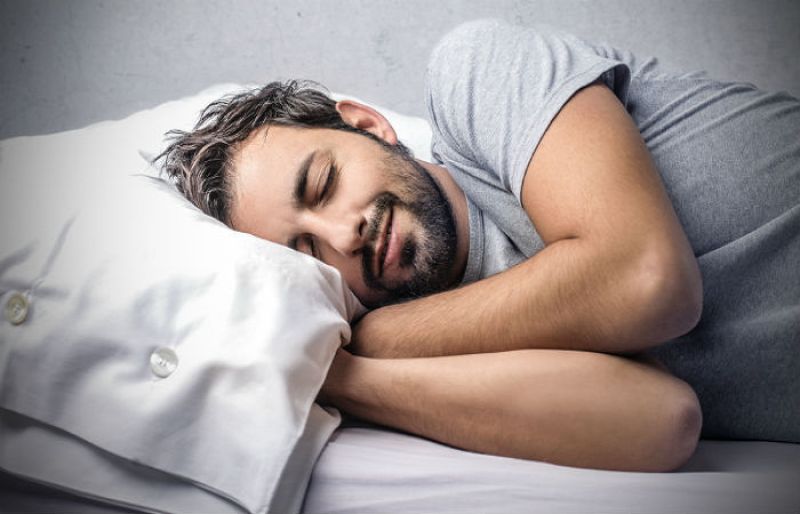According to a study, sufficient sleep is needed to benefit long-term in brain power from exercise. There may be little point in working out if you’re tired and not sleeping well, a study suggests.
Exercise is known to do wonders for cognitive skills but research from University College London shows that getting less than six hours sleep a night could wipe away most of those brain gains.
A study of almost 9,000 middle-aged people found that people who exercised regularly had stronger minds over a 10-year study period.
However, people who exercised but got insufficient sleep saw a quicker decline in cognitive ability than their well-rested peers.
People sleeping less than six hours a night, even if they exercised, had similar attention, memory and learning ability to those who did not get any exercise, effectively wiping out any benefit from being active.
Physical activity has other health benefits, but with regards to the brain the effect is negligible when compared to sedentary folk.
The researchers said their study, published in the journal The Lancet Healthy Longevity, highlights the need for people to see both sleep and exercise as two equally important pillars of a healthy lifestyle.
“Our study suggests that getting sufficient sleep may be required for us to get the full cognitive benefits of physical activity,” said study lead author Dr Mikaela Bloomberg.
“It shows how important it is to consider sleep and physical activity together when thinking about cognitive health.
“Previous studies examining how sleep and physical activity might combine to affect cognitive function have primarily been cross-sectional – only focusing on a snapshot in time – and we were surprised that regular physical activity may not always be sufficient to counter the long-term effects of lack of sleep on cognitive health.”
For the study, the team looked at data from the English Longitudinal Study of Ageing (ELSA) from nearly 9,000 people aged 50 and over.
Their cognitive function was assessed over a period of 10 years with various memory and verbal fluency tests. Questionnaires were used to assess how long they slept.
At the start of the study, those who were more physically active also had better cognitive function regardless of how long they slept.
However, this changed over time and the more physically active short sleepers suffered more rapid cognitive decline, the researchers said.
Co-author Professor Andrew Steptoe, of UCL Institute of Epidemiology & Health Care, said: “It is important to identify the factors that can protect cognitive function in middle and later life as they can serve to prolong our cognitively healthy years and, for some people, delay a dementia diagnosis.
“The World Health Organisation already identifies physical activity as a way to maintain cognitive function, but interventions should also consider sleep habits to maximise long-term benefits for cognitive health.”















































